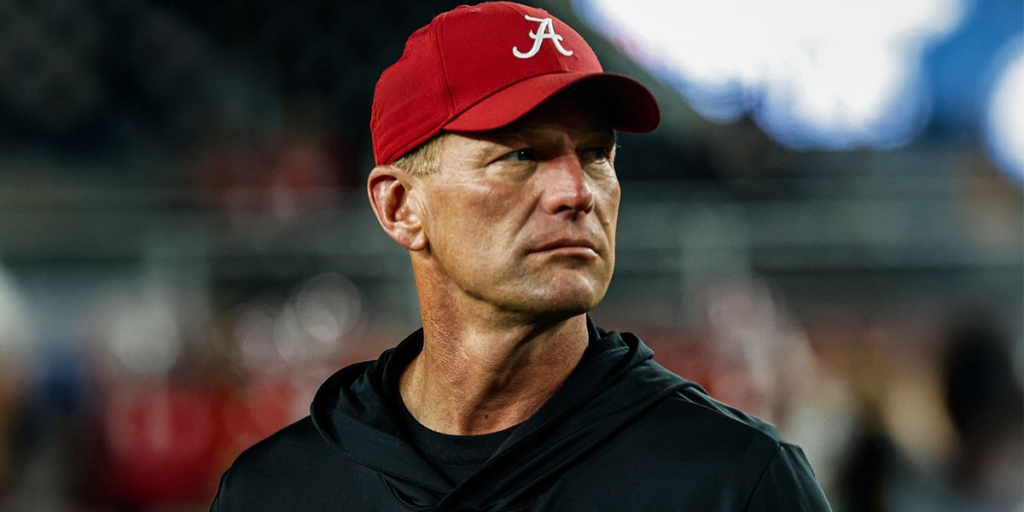American millennials are coming of age and coming into something rapper Coolio called “dollar dollar bill, y’all,” in a song released the year many millennials were born.
According to the Bureau of Labor, last year:
— Millennial-headed households averaged $65,373 in income (vs $74,664 for total households).
— Millennial-headed households spent an average of $48,576 (vs. $57,311 for total households).
Despite the increased cash and cache, a new eMarketer report analyzed the generation defined as those born between 1981 and 1997 and their 2016 spending habits and concluded that millennials are cautious spenders whose finances remain “fragile,” with debt constraining expenditures.
Alabama millennials seem more in student debt than credit card debt, said Lamar Mayton, a Birmingham-based Ramsey Solutions master financial coach and owner of Lampshade Consulting in Cahaba Heights.
“I think millennials see what their parents had in credit card debt and they’re kind of scared of it,” Mayton said of the many millennial students he’s taught in his Dave Ramsey Financial Peace University classes.
“That’s a good thing,” said Mayton, 42. However, “they’re still spending all their money, still living paycheck to paycheck.”
More millennial-headed households are in poverty than households headed by any other generation, according to the Pew Research Center. This is partly because more millennial heads of households are unmarried, which is “associated with higher poverty,” wrote senior researcher, Richard Fry in a 2017 report.
Dating deal-breakers
Even for millennials interested in marrying, debt holds them back. Thirty-nine percent of millennials would rather disclose they have a sexually transmitted disease to a potential partner than reveal their debt level, according to a survey conducted by student loan company SoFi.
The survey, that measured 2,000 older millennials (ages 25-35), also found that serious debt was the second biggest relationship deal-breaker. The first? Workaholism.
Which might make millennials double-whammy romantic pariahs: Millennials overwhelmingly comprise by generation (43 percent) those who meet the “work martyr” definition — employees who prize hours worked over true productivity and feel guilty for taking breaks or vacations.
And despite the stereotypes, millennials do work. Their finances may be shaky, but unemployment is less to blame than one might think.
Even though 15 percent of older millennials are living with their parents, it isn’t necessarily because they don’t have jobs. Only 5.1 percent of this older group was unemployed in 2016, down by half from the first quarter of 2010 when it was 10.1 percent, according to Pew Research Center data.
In Alabama, the overall unemployment rate dropped to 3.8 in September, the lowest it has ever been.
Making big-ish purchases
Perhaps that’s why the generation everyone loves to blame measures as hopeful in surveys. The eMarketer report found that a majority of millennials believe their finances will be better in the future.
Which may explain why more than two-thirds of younger millennials said in a 2017 Bankrate.com survey that they are “very likely” to make a major purchase such as furniture, a smartphone, airline ticket or computer, among other choices, before the end of the year, eMarketer reports.
Maybe higher hopes and improved finances will mean a long-awaited mass entry of millennials into the housing market? Not likely, Michael Most argues in the HuffPost, considering “doing well financially” generally just means “getting to zero debt,” the new millennial definition of rich that displaces previous views of American prosperity such as buying a home.
Although more than one-third are homeowners, most millennials have nowhere near the savings it would take for a down payment.
More than 60-percent of millennials have less than $1,000 in savings this year, according to GOBankingRates.com’s annual survey that asked more than 8,000 Americans: “How much money do you have saved in your savings account?”
Death by a thousand appletinis
Mayton said such numbers are why he got into financial planning, to help people who are struggling learn to save– and because he understands what it’s like to drown in debt.
He and his wife went to Ramsey’s Nashville studio in 2011 to scream “We’re debt-free!” because they used Ramsey’s famous snowball strategy to climb out of $185,000 of debt in four years.
“We had to cut back our lifestyle,” said Mayton. “We didn’t go to the movies, we didn’t eat out at all. We cut back on the groceries and paid cash. We applied any extra money we could toward our debts and it went by pretty quick. We weren’t going out buying clothes, we weren’t buying expensive coffee, we spent on things we had to have to live.”
Such small expensive habits may be particularly hard for younger millennials to give up since more than half (54 percent) eat out at least three times a week and go to a bar (51 percent) at least once a week, according to Bankrate.
But some good news: The number of millennials who have at least $10,000 saved may be small — only 33 percent — but that number rose five percentage points from 2016 to 2017.
The bottom line: Millennials are finally earning and spending more, but they are delaying marriage and home-buying in large part because they are still in massive debt and cautious about big purchase spending (though less so about smaller big purchases).
Mayton’s advice for millennials during spending season?
“Take it easy. The stuff we buy, the presents we buy, the stuff on Amazon, you don’t have to have it. Save that money. You’ll be thankful when you look back 20 to 25 years from now.”
Or maybe sooner, Coolio might say, when millennials finally have kids:
“Well if ya got kids a-then you know
The more you spend the more they grow
They go from two to four in a row
But don’t think that the growin is thru cos you’se a fool
They go from four to six and what they bear
They have you spendin all your money like a millionaire”
Rachel Blackmon Bryars is managing editor of Yellowhammer News and a millennial (by a hair).













